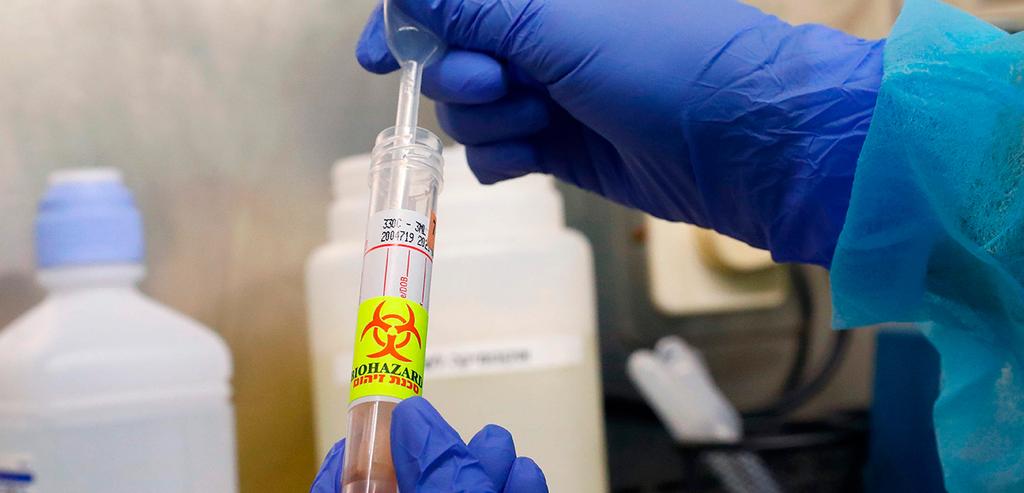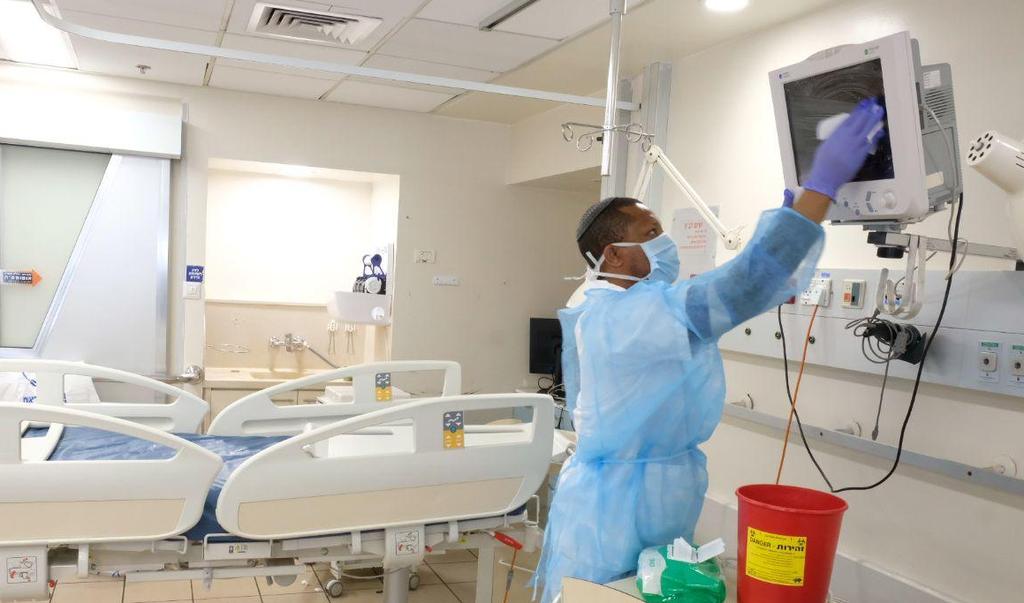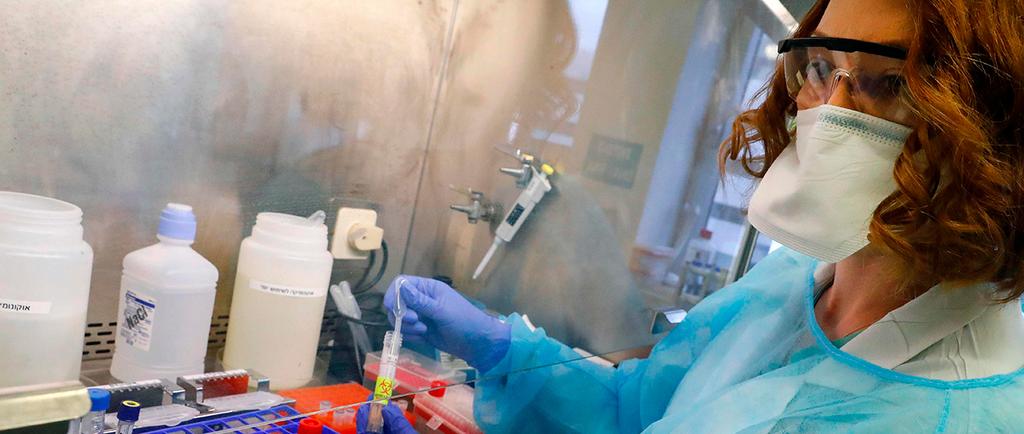The novel coronavirus is not going anywhere anytime soon, suggests new research conducted by the Hebrew University of Jerusalem, which centered on the study of the new virus’ structure.
According to the findings, there is no guarantee that a medicine that has previously proven effective against other viruses hailing from the coronavirus family (such as SARS or MERS) will treat this latest strain as effectively.
Prof. Michal Linial, professor of biological chemistry at the university, together with Dr. Dina Schneidman from the Department of Biological Chemistry and the School of Computer Science at the Hebrew University and Postdoctoral Intern Ester Brail, said that each strain of the virus holds different “offensive capabilities” used to bind itself with human receptors, while the method of binding varies from virus to virus.
The researchers claim that this new virus strain, named COVID-19, bears a striking 72.8% resemblance in structure to the SARS strain, and so the researchers tested the way in which COVID-19 attaches itself to the ACE2 enzyme, which is part of almost every cell in the human body and is known to serve as an entry point for the SARS virus.
According to the research, SARS attaches itself to human cells in such a way that researchers found easy to break using medicine.
Unlike SARS, the COVID-19 strain attaches itself to human cells in a much more aggressive manner, meaning that its removal from a cell is much harder when compared to SARS.
Due to that fact, researchers and doctors will find it substantially more difficult to develop a cure for this latest coronavirus strain, meaning that a cure could still be a ways off.
Furthermore, the researchers believe that even after a vaccine is developed, COVID-19 will still be a part of our everyday life.
“Once a vaccination is found, those who will vaccinate themselves will be immune to the disease, while those who won't, will continue to spread it,” said Prof. Linial. “I assume that in the future when we will understand the virus’ effects on our immune system better, a vaccination will be given at schools or in any other way in order to protect us from our new "friend”."
“unlike the SARS and MERS strains of the coronavirus which disappeared rather quickly in 2004 and 2018 respectively, we will live knowing that this new strain isn't going anywhere anytime soon,” said Prof. Linial. “Not unlike other viruses we live with, you have to know your enemy and eventually make peace.”




